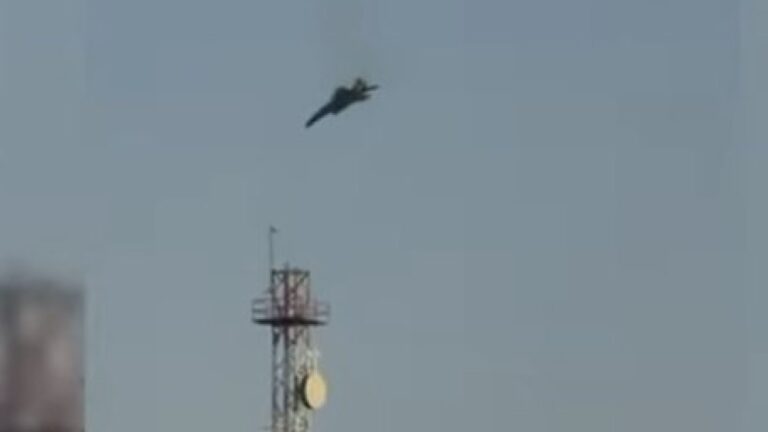An investigation by Israel’s Mossad found that, unlike widespread claims, Iran did not have a direct role in the two terrorist attacks on Israeli and Jewish targets in Buenos Aires in the 1990s, The New York Times reported over the weekend.
The Mossad believes that Iran, which supports Hezbollah, approved and funded the attacks and provided training and equipment, but Iranian operatives or Argentine citizens did not assist the operation on the ground. The findings contradict longstanding claims by Israel, the United States, and Argentina that Iranian operatives and local Argentine citizens or officials were directly involved in the bombings, which killed scores of people.
According to the investigation, Hezbollah carried out the bombings in retaliation for Israeli operations against Shiite operatives in Lebanon. The first attack, at the Israeli Embassy in 1992, killed 29 people, and the second, at the AMIA Jewish community center in 1994, killed 86 people, including the bomber.
Hezbollah spent years building secret infrastructure in Buenos Aires and other South American locations in order to plan and carry out the attacks. Beginning in 1988, Hezbollah operatives settled in several South American countries to acquire “experience to enable them to open legitimate businesses and have strong commercial cover for moving around between different countries,” the investigation stated.
The explosives used in both attacks were smuggled into Argentina by Hezbollah agents in chocolate boxes and shampoo bottles on commercial flights from several European countries. Once in the country, the agents hid the explosives in a Buenos Aires park.
After Israel assassinated Hezbollah leader Sheikh Abbas Musawi on February 16, 1992, Hezbollah sent a senior agent to Buenos Aires, where he purchased the pickup truck used for the embassy attack.
In 2016, Maj. Gen. Uri Sage, a former Israeli chief of military intelligence who recommended Musawi’s assassination, said: “I did not accurately foresee Hezbollah’s reaction.”
On June 2, 1994, the Israeli Air Force attacked a Hezbollah camp in Lebanon, killing 50 and wounding 50 others.
A month later, the attack at the Jewish community center in Buenos Aires took place.
According to the investigation, the same Hezbollah operatives who planned the bombing of the community center in Buenos Aires also perpetrated the downing of a Panamanian plane the next day that killed 21 passengers, including 12 leaders of the Jewish community in Panama.
The attacks exposed Mossad’s failures as they had no advance warning of the attacks, even the second one which was carried out by the same group in a similar manner as the first.
The attackers were never brought to justice and are currently living in Lebanon. However, the head of the unit who carried out the attack, Hezbollah’s operations commander Imad Mughniyeh, was assassinated in a joint US-Israeli operation in 2008.
Four former Israeli officials said that the attacks in Argentina had a lasting effect on the ongoing battle between Israel and Hezbollah, causing Israel to be wary of assassinating senior members of the terrorist organization.
That wariness led to a weakness in Israel’s position against Hezbollah in the late 1990s, when it suffered heavy losses in Lebanon, ultimately leading to its withdrawal from the country altogether in May 2000.
(YWN Israel Desk – Jerusalem)












One Response
it was done by mossad themselves